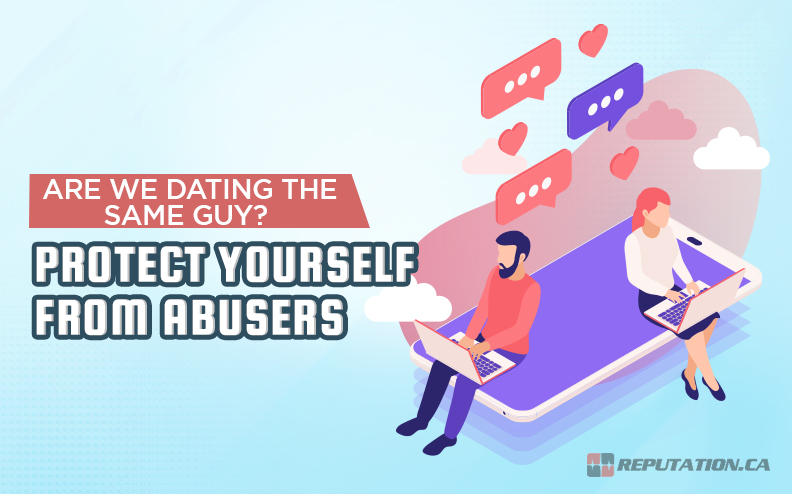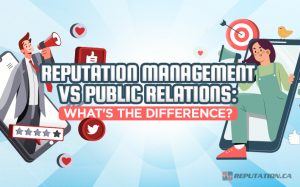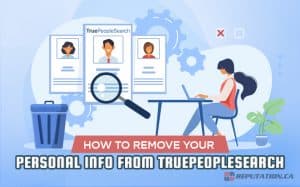Dating is difficult, especially in modern society, where courtship has become digitized thanks to applications like Tinder. Finding the right person can be the biggest challenge we face today since finding a compatible partner is less likely due to the competition in the dating world. Sometimes, we get lucky and meet the right person outright, but not everyone is that lucky.
For most people, it takes a long time to meet the most compatible person as a lifetime partner. The idea that it can take years to find a sustainable relationship is somewhat disheartening, but the worst of it is that this is still preferable to the other possibility of dating.
It is no secret that dating is significantly more dangerous for women than men, considering they constitute the largest percentage of domestic violence victims. As a result, women have become more guarded regarding dating because they do not want to end up dating an abuser. Part of the defense against this abuse was creating a Facebook group by Canadian citizens to protect women from potentially abusive men.
This group, Are We Dating the Same Guy??, has been working to inform women about men who actively seek victims for some of the most heinous crimes in modern society. Unfortunately, this group might not be well-known to women dealing with abusive boyfriends, so figuring out how to protect yourself from abuse is critical.
What is Are We Dating the Same Guy??
Are We Dating the Same Guy?? is a Canadian Facebook group founded at the beginning of the year. On January 29th, 2023, the group was created by women trying to create an online safe space for women who might be victims of abusive men. Despite only being a few months old, the group has gained a significant following and has over 8,000 members. While 8,000 members might not be much compared to the 2,960,000,000 Facebook users, this growth for such a new group is fairly promising.
Nevertheless, this group’s existence speaks to a larger issue with the modern dating world. Women are particularly vulnerable to abuse and have endured it for centuries, including a period of human history where spousal abuse was normal to “keep them in line.” Most reasonable members of society have since abandoned such abhorrent practices, but others are less willing to abandon their old ways.
Are We Dating the Same Guy?? is described on the page as a “place for women to protect themselves against men that may be cheaters, liars, manipulators, narcissists, etc.” The group specializes in giving women a space to discuss potentially toxic relationships that might endanger their health, safety, and public image.
There are men out there who might take advantage of a woman’s insecurities to justify their abuse and convince their partners that the abuse they are receiving is their fault. The group members discuss dozens of potential abuses a toxic man can inflict on his girlfriend or wife to ensure the perpetrator cannot inflict those abuses on someone else should the relationship end.
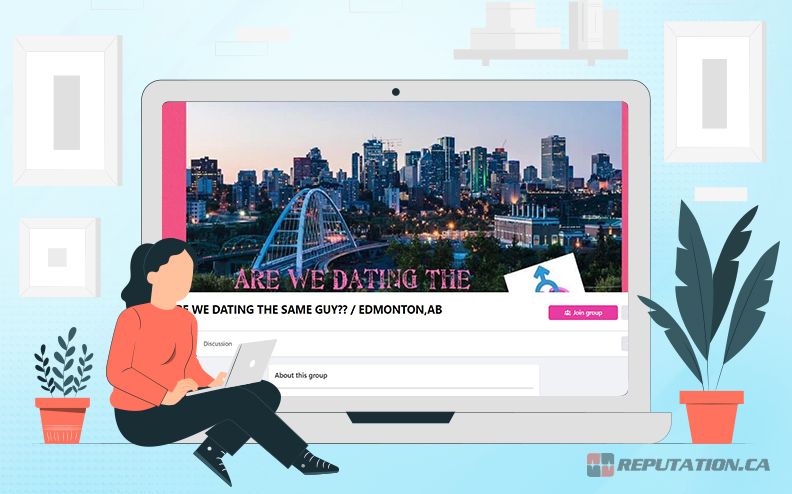
The group has rules to ensure no false claims are made and to help the group identify abusive men within Facebook’s account registry. The main rules for the group are:
- The abusive individual’s first name must be listed in the post and cannot be embedded in the attached photo.
- The attached photo must only contain the man or men in question rather than any friends or relatives not involved in the abuse.
- The post cannot include any personal or professional information.
- The post cannot contain any accusations or allegations.
These rules ensure the men tagged in the group’s feed are guilty parties rather than innocent men that certain women might be trying to harm. While women are the primary demographic for spousal and partner abuse, men can be victims too. These rules help prevent false claims from gaining traction and protect the rights of innocent men if the woman posting it is the real perpetrator.
The group currently has 3 moderators, who will not be named in this article since the group is meant to be private. However, these moderators ensure the posts and discourse within the group’s page adhere to the above rules. The real question is understanding what types of toxic behavior an abusive spouse exhibits that can impact your life.
An abusive spouse or boyfriend will do everything in their power to stay in control of their victims. This applies to those who employ physical, emotional, or verbal abuse since the human instinct is to leave when we are mistreated. Abusive individuals employ psychological tactics to keep their victims docile and complacent in the face of blatant abuse.
The term “gaslighting” refers to psychological manipulation in which the perpetrator attempts to create self-doubt and confusion in the victim’s mind. This tactic makes the victim feel like their abusers are right and their complaints are unfounded. This tactic is used to condition abuse victims into staying with their abusers and try to remove any notion that they deserve better. While it might seem foolish, it can be effective and is often the bane of several abuse victims.

While most gaslighting occurs behind closed doors, there are alternate versions where the abusive partner extends their deception to those around their victim. Part of abuse is isolating the victim from their support network (friends and family). An abusive spouse typically does this by preventing their victim from having a social life outside the relationship.
The truly nefarious abusers will instead use their gaslighting and deceptive skills to make their victims seem unreasonable to those around them. For example, an abusive partner might make private conversations with longstanding friends of their victims and talk about the many “flaws” their victim has. This could include making them seem unreasonable in arguments or portraying them as unreasonable in situations where they should have compromised. These claims are made when the real problem lies with the abuser, unwilling to compromise their lifestyle to give their victims any semblance of independence.
In extreme cases, an abusive partner will use social media to expedite the spread of misinformation by making more public posts. Outlets like Facebook, Reddit, Twitter, and Instagram enable people to make statements that can reach large audiences. Unfortunately, gaslighting is not the only tool abusers use to harm their girlfriends via social media.
Disclosing Sensitive Information
One of the main issues addressed by the members of Are We Dating the Same Guy?? is dealing with men who publicly post private information about their partner. Releasing information you might want to keep private can devastate your interpersonal relationships and professional standing. Sometimes we post jokes or comments online that might not go over well with certain demographics who might be vindictive.
Unfortunately, some men will exploit the privileged information they acquire via interpersonal relationships. Some men might reveal sensitive information like your address or previous mistakes from life to make you look bad. This could be revenge for dumping or rejecting them, but it could also be an act of malice to keep you isolated.
If your online presence is viewed as “problematic” in the public sphere, it can limit your ability to use social media platforms without getting harassed. This makes the victims more dependent on the only support they can get from the very person who put them in that position. Generally, the men who reveal this information and destroy your public image do so behind your back.
This way, they can replace the support structure they destroyed by exposing certain details to your friends and family that could compromise your relationships with them. This tactic is slightly more overt than the more common tools employed by abusive and toxic boyfriends, but it can be extremely effective.
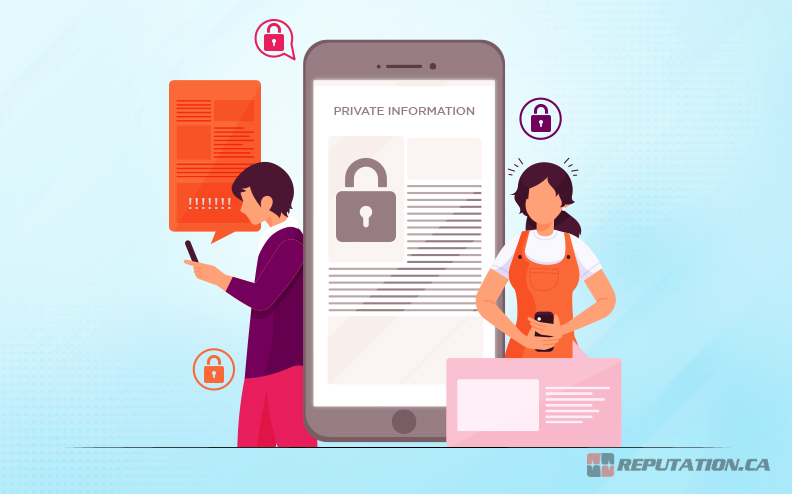
Damaging people’s perception of you reinforces isolation since your friends and family might be reluctant to associate with you depending on what is revealed. For example, having a political opinion that radically differs from that of your friends and family can cause hostility.
Considering how politically charged modern society has become, this is a more common problem than you might think. The divide between Democrats and Republicans has never been deeper than it is now, and the conflicts it generates can break families. Additionally, many companies have adopted politically-charged sentiments to retain certain customers.
As a result, a political affiliation that opposes the accepted norm can jeopardize professional opportunities. This is not to say this will necessarily be an issue for you, but that this kind of exposed information can harm your connection to others.
Aside from past indiscretions, a toxic partner might reveal information that makes it easier for unsavory characters to locate and harass you. This type of disclosure is usually employed by men who have recently been dumped and want revenge for the perceived offense.
Revenge Porn
One of the most significant threats of a toxic or abusive partner is revenge porn. Despite being illegal in most states, some men will use being dumped as an excuse to humiliate their former partners by releasing intimate images online. Some men release these images as a point of pride, believing it to be a way of marking their conquest for others to see.
Posting revenge porn involves releasing intimate photos and videos that are sexually explicit to a public audience without the subject’s permission. These images and videos are usually given to the original recipient as an act of intimacy between the sender and their partner. Women are generally less forthcoming with these images because they recognize the significance of showing that much of themselves.
As a result, when the image they specifically shared with their significant other becomes a public spectacle, they are understandably upset. Unfortunately, revenge porn is a major issue that is becoming more common. There is even a website where revenge porn can be posted with near impunity since it is completely anonymous. Aside from having your trust shattered by someone who supposedly cared about you, revenge porn can devastate your personal and professional standing.

Having intimate photos put on public display, regardless of whether you were the one who posted them, makes you seem unprofessional for taking the photo in the first place. While this is likely not the case, many companies are reluctant to hire people whose intimate photos are exposed for public consumption.
Some people can recover from the event, but there is a lingering stigma when your intimate images are exposed. People are less likely to take you seriously, and you must work twice as hard to recover the respect you lost. Even if you recover, there is a loss of trust in future relationships that will likely keep you from ever sending similar images to a future boyfriend. Revenge porn is illegal, and the Are We Dating the Same Guy?? Facebook group is working against the problem. Unfortunately, you might need a little more help than the group can offer.
Take Your Reputation Back!
Toxic and abusive men are a serious threat to women worldwide, with many taking things to the next level and physically harming their girlfriends or wives. Escaping these men is only half the battle since they will do the same thing to another woman.
Groups like Are We Dating the Same Guy?? help women stay informed about toxic men who might harm them. This can be a huge boon towards protecting women from potential abuse (not that men are immune to abuse), but there is another issue. Women subjected to reputational damage caused by a toxic boyfriend or husband will not have any resources within the group to repair their public image. You will need a reputation management team to help undo some of the damage a toxic ex might have caused.

We at Reputation understand that having your public image damaged by a toxic boyfriend or husband can be devastating. While we might not have a solution for its effect on your ability to trust people, we can help you rebuild your public image by regulating social media and issuing takedown requests for information that should not be publicized. There are no shortcuts concerning your public image, so visit our website and take your reputation back!




